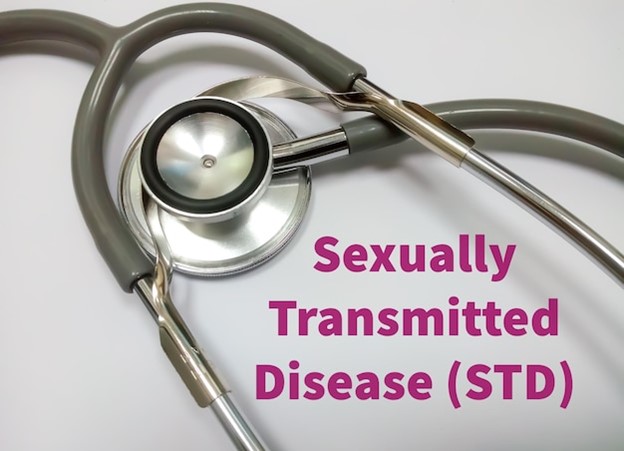Sexually transmitted infections (STIs) pose a significant health risk for individuals, particularly women, in South Africa. With a high prevalence of STIs, it is crucial for South African women to prioritize prevention and take proactive steps to manage their sexual health. This article aims to provide a comprehensive guide for South African women on preventing and managing STIs.
Prevention:
- Practice Safe Sex: Consistently and correctly using condoms during vaginal, anal, and oral sex can significantly reduce the risk of STI transmission. Make sure to use high-quality condoms and lubricants, and be knowledgeable about proper usage.
- Get Vaccinated: Protect yourself against certain STIs by getting vaccinated. For example, the human papillomavirus (HPV) vaccine is recommended for young girls and women to prevent cervical cancer, which is often caused by HPV infection.
- Know Your Partner’s STI Status: Have open and honest conversations with your partner about their sexual history and any potential STI risks. Consider getting tested together before engaging in sexual activity, and encourage regular STI screenings for both of you.
- Limit Your Number of Sexual Partners: The more sexual partners you have, the higher your risk of contracting an STI. Reducing the number of sexual partners and maintaining a mutually monogamous relationship can lower your risk.
- Get Regular STI Screenings: Regular STI screenings are essential for early detection and treatment. Consult with a healthcare professional about the recommended screening intervals for STIs such as chlamydia, gonorrhea, syphilis, and HIV.
- Avoid Sharing Needles or Drug Paraphernalia: Intravenous drug use and sharing needles can lead to the transmission of blood-borne infections such as HIV and hepatitis. If you use drugs, seek help and support to reduce harm and prevent STIs.
- Educate Yourself: Stay informed about STIs, their symptoms, and modes of transmission. Knowledge is power, and being well-informed empowers you to make informed decisions about your sexual health.
Managing:
- Seek Prompt Medical Attention: If you suspect you may have contracted an STI or experience any symptoms such as unusual discharge, genital sores, itching, burning, or pain, seek medical attention promptly. Early diagnosis and treatment can prevent further complications and reduce the risk of transmission.
- Follow Prescribed Treatment: If diagnosed with an STI, follow the prescribed treatment regimen as directed by your healthcare provider. Take all medications as instructed, even if symptoms improve before completing the full course. This helps ensure complete eradication of the infection.
- Inform Your Sexual Partners: If you test positive for an STI, inform your current and recent sexual partners so that they can seek appropriate testing and treatment. This responsible action can help prevent the further spread of STIs.
- Practice Safer Sex during Treatment: While undergoing treatment for an STI, it’s important to abstain from sexual activity or practice safer sex to prevent reinfection or transmission to others. Follow your healthcare provider’s advice regarding the appropriate duration of abstinence or the use of condoms during treatment.
- Attend Follow-Up Appointments: Some STIs may require follow-up appointments to ensure complete recovery and monitor for any potential complications. Attend these appointments as recommended by your healthcare provider to ensure your health and well-being.
- Get Tested for Other STIs: If diagnosed with one STI, it’s essential to get tested for other common STIs, as multiple infections can coexist. Discuss with your healthcare provider about comprehensive STI testing to ensure your overall sexual health.
- Practice Open Communication: Maintain open and honest communication with your healthcare provider about your sexual health, concerns, and any symptoms you experience. This enables them to provide appropriate care, guidance, and support.
Remember, prevention is the best approach to protect yourself from STIs. By practicing safe sex, getting vaccinated, and staying informed, you can reduce your risk of contracting STIs. If you do experience an STI, seek timely medical attention, follow treatment guidelines, and take necessary precautions to prevent transmission. By prioritizing your sexual health, you can lead a healthier and more fulfilling life.










